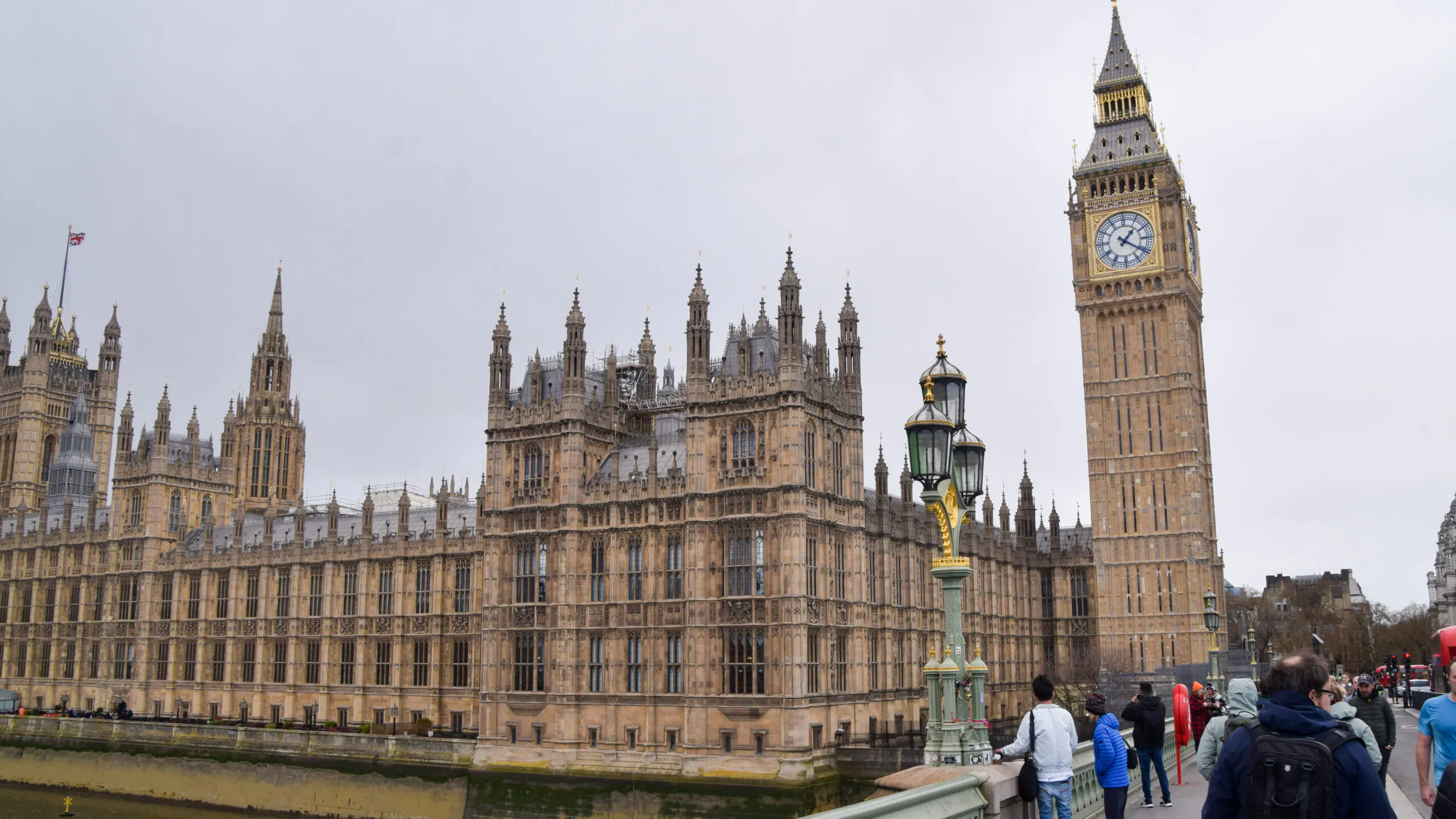A staffer in the British Parliament was arrested earlier this year on suspicions he was spying for China, a report from The Sunday Times revealed.
The suspect, a man in his late 20s who was a Parliamentary researcher, was reportedly “linked” with several Members of Parliament from the Conservative Party who had access to highly sensitive information, according to the report. The man was arrested in mid-March along with an additional suspect who is in his 30s.
“The mask has truly slipped,” Paddy McGuinness, the U.K.’s former deputy national security adviser told, the outlet.”This isn’t about China objecting to interference in their internal affairs as they so often claim. Rather they are messing in ours, with a casual disregard for our democracy and our sovereignty.”
Both suspects were charged with violating Section One of Britain’s Official Secrets Act 1911, which prohibits sharing information or communications that may be “prejudicial to the safety or interests of the state” and “calculated to be or … intended to be directly or indirectly useful to an enemy,” respectively, the Times notes.
Some Conservative MPs that were reportedly linked to the researcher include the U.K.’s minister of state for security, Tom Tugendhat, and the chair of the Foreign Affairs Select Committee, Alicia Kearns. However, it’s believed the alleged spy only worked with Tugendhat prior to his role as security minister, POLITICO Europe reports.
“It is inevitable the Chinese Communist party (CCP) would target and seek to undermine parliament’s leading voices who have demonstrated the ability to constrain the CCP’s ambitions,” a source close to Kearns said, according to The Guardian.
The researcher had a parliamentary pass and reportedly worked on international relations policies with various MPs – including China-centered policies. According to the Times, prior to his work as a researcher at the Palace of Westminster, the suspect spent time working and living in China. During that period, officials say he may have been recruited by the Chinese government as a sleeper agent with the goal of working his way into political groups critical of Beijing.
According to a government source, the suspect may have even changed the minds of some legislators. “I’m pretty sure he [the researcher] turned some backbenchers from China hawks into being apathetic about Beijing,” the source told the Times.
U.K. Prime Minister Rishi Sunak brought up the revelation with the prime minister of China, Li Qang, at the G20 summit in India, telling reporters that he conveyed “very strong concerns about any interference in our parliamentary democracy, which is obviously unacceptable,” POLITICO Europe reported.
“We discussed a range of things and I raised areas where there are disagreements,” the British PM said. “And this is just part of our strategy to protect ourselves, protect our values and our interests, to align our approach to China with that of our allies like America, Australia, Canada, Japan and others, but also to engage where it makes sense,” he added.
A government source told the Times that the news represents a “major escalation by China,” and that the U.K. has “never seen anything like this before.”
A report from The Wall Street Journal last week outlined over 100 instances of alleged Chinese tourists attempting to gain access to U.S. military bases and installations. According to officials cited by the outlet, the “tourists” were actually performing espionage and attempting to take photographs and get information about security practices at the locations.
“The advantage the Chinese have is they are willing to throw people at collection in large numbers,” Emily Harding, a senior fellow at the Center for Strategic and International Studies, told the Journal. “If a few of them get caught, it will be very difficult for the U.S. government to prove anything beyond trespassing, and those who don’t get caught are likely to collect something useful.”

.png)
.png)

